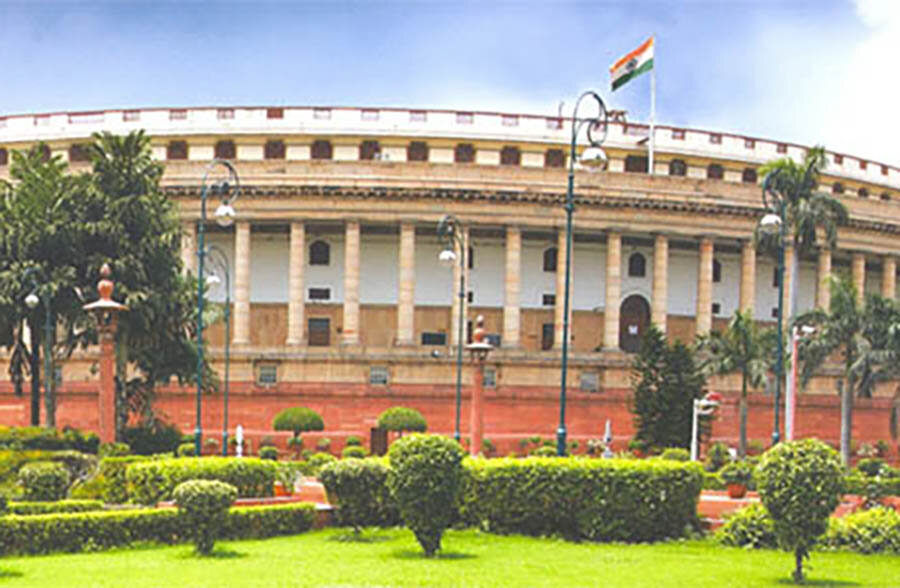India Moves to Reform Waqf Property Law Amid National Debate

The Indian government is set to introduce major changes to the management of Muslim religious and charitable property known as Waqf, as part of a legislative reform aimed at increasing transparency and state oversight. The bill, which has already passed the lower house of parliament, has sparked widespread discussion both domestically and internationally, Bloomberg reports.
What Is the Waqf System?
The Waqf system refers to a centuries-old Islamic tradition of donating immovable property—such as land, buildings, or markets—for religious, educational, and social welfare purposes. These assets are not meant to be sold or diverted from their intended use. In India, approximately 870,000 properties are managed under this system, making it the second-largest landowner in the country after the military and railways.
Traditionally, regional Waqf boards—primarily composed of Muslim representatives—have managed this real estate. However, many properties lack formal ownership documentation, often passed on through verbal agreements. This has created legal ambiguity and challenges in audits, property disputes, and long-term planning.
Key Reform Measures
The bill proposes several changes:
Inclusion of non-Muslim members on Waqf boards
Comprehensive documentation audits
Transfer of undocumented or disputed properties to state ownership
Option to revoke Waqf status for land officially recorded as public or government property
India’s Ministry of Minority Affairs has stated that the aim is to make the system more inclusive and secular, while ensuring better recordkeeping and accountability.
Economic Dimensions
While the reform is framed as a transparency initiative, observers have noted its potential economic impact. Many Waqf properties are located in high-value urban areas, including central business districts and along infrastructure corridors.
Critics argue that the bill could enable the commercial redevelopment of previously protected religious lands, especially those transferred informally decades ago. There is concern that some properties may be absorbed into state or private development projects.
International Reactions & Comparisons
The bill has drawn attention from global human rights organizations. The U.S. Commission on International Religious Freedom (USCIRF) has expressed concern over the trend of restricting Muslim property rights in India. Human Rights Watch and Amnesty International have also flagged potential implications for religious freedom and minority rights.
India’s proposed approach differs from international practices:
United Kingdom: Islamic charitable trusts operate under civil law and must report finances while maintaining religious autonomy
France: Muslim representation is organized via the French Council of the Muslim Faith (CFCM), which operates independently despite the country’s strict secular model
Turkey: In 2011, the government reversed earlier confiscations and restored religious minority properties
Saudi Arabia: In contrast, it recently opened up real estate investment in Mecca and Medina to foreign ownership under the "Vision 2030" plan
What's Next?
The bill is pending approval by the upper house of parliament and will require presidential assent before it becomes law. If passed, it may significantly alter how Muslim charitable assets are registered, managed, and protected in India.
While the government emphasizes legal clarity and institutional modernization, critics are urging for safeguards to preserve religious heritage and autonomy. The final impact will likely depend on how the law is implemented in practice.








